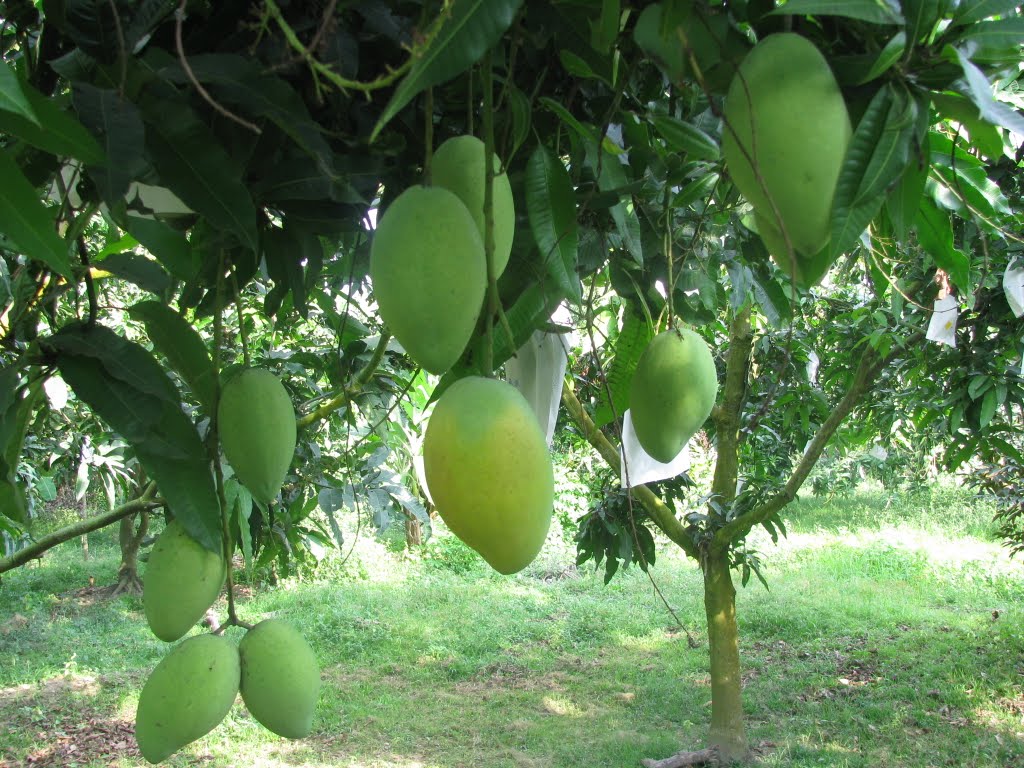HCMC – Insufficient management on planting area codes and packaging agents has led to consistent warnings being issued to Vietnamese fruits by exporting countries.
As per the Plant Protection Department under the Ministry of Agriculture and Rural Development, as of July 2023, Vietnam had possessed 6,883 planting area codes and 1,588 packaging facility codes that qualify for exporting fruits to markets such as China, the U.S, Australia, New Zealand, and South Korea.
Despite the significant number of certified planting area and packaging facility codes, the surveillance rates in certain provinces, such as Dong Thap, Son La, Hoa Binh, Gia Lai and Dong Nai, only reach 10% of the certified codes.
Between 2022 and the end of July 2023, out of the 292 production unit codes and 68 packaging facility codes under surveillance, 13 planting area codes and 30 packaging facility codes in Bac Giang, Dak Nong, Dong Thap, and Son La had been revoked. Concurrently, various regions are compelled to enhance their code management.
In recent times, Vietnamese fruits have encountered numerous warnings from exporting countries due to their failure to meet clients’ standards. The primary reason for this inadequacy is the lack of proper surveillance on production unit and packaging facility codes.
Harmful organisms have been found on exported fruits like jackfruit, banana, mango, durian, rambutan and dragon fruit. From 2021 to July 2023, the department received 107 warnings about shipments that did not meet food safety requirements, primarily due to exceeding residue limits, rotten products, and products containing allergens.
This situation stems from the deficiency in managing of the production process, input materials, preservation, and transportation in various localities, according to the Plant Protection Department.









